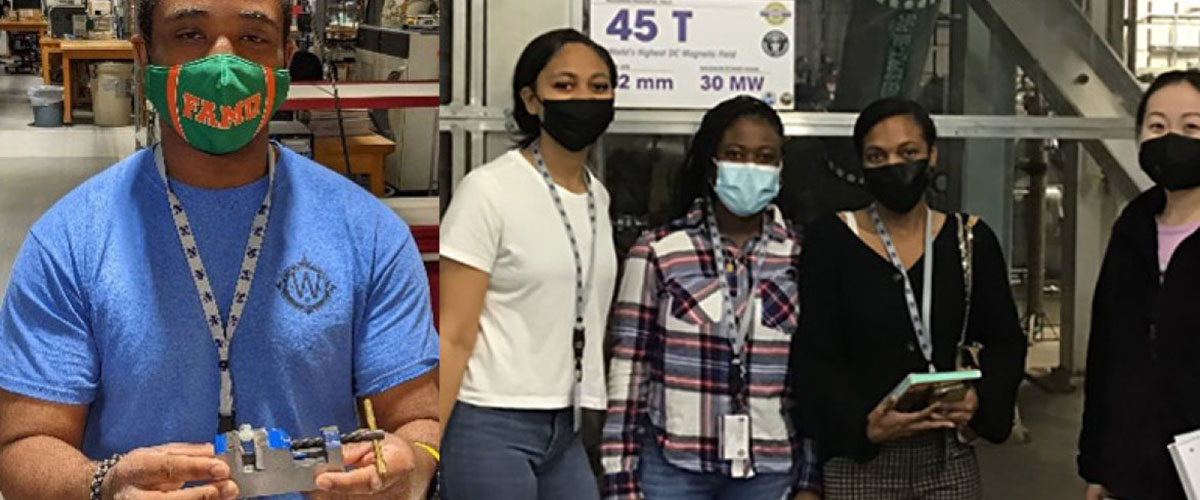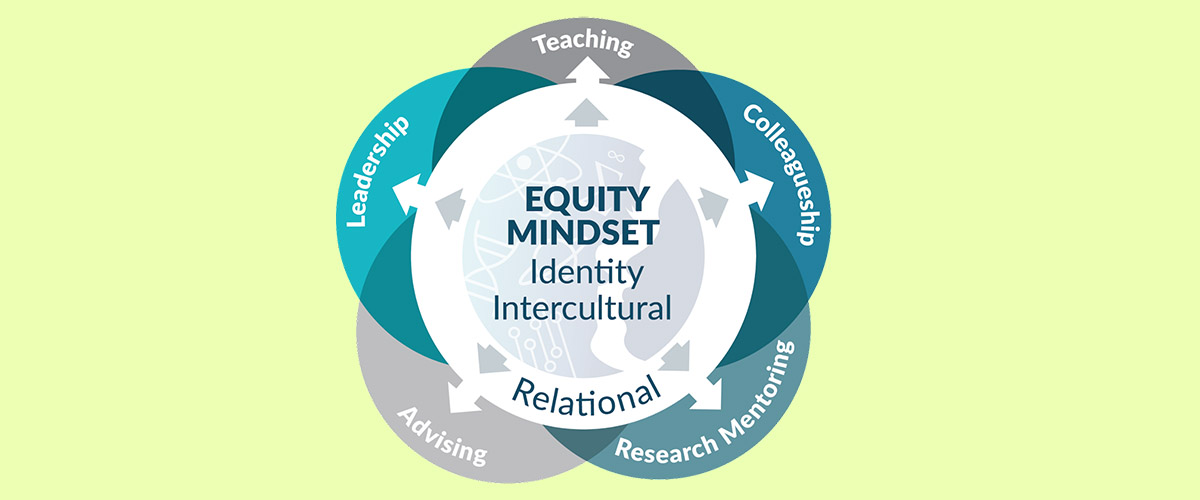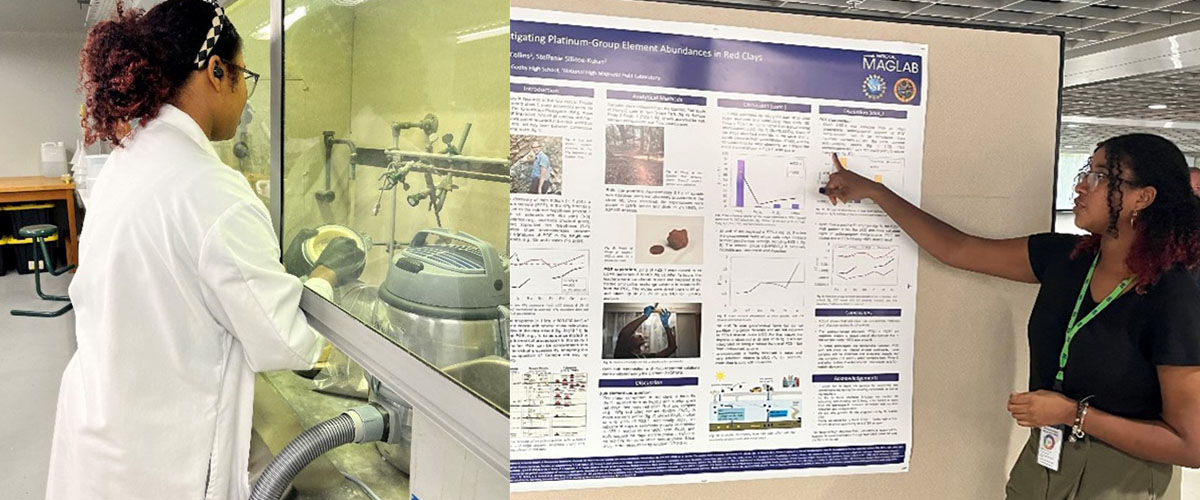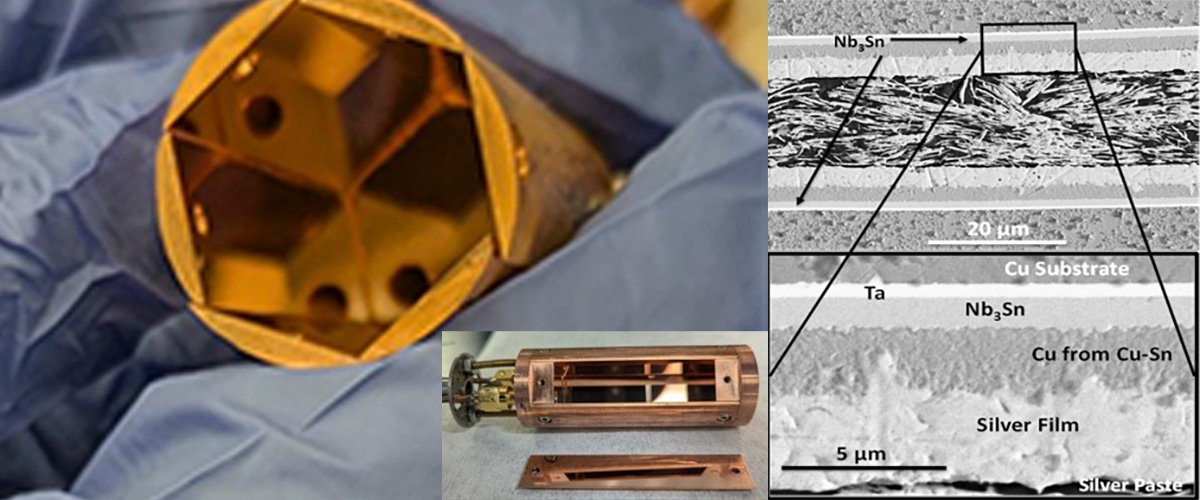What is the program?
The Magnetic Momentum Scholars Program is a partnership between the National High Magnetic Field Laboratory (MagLab) and Florida A&M University (FAMU), the third largest Historically Black University in the United States and the only public Historically Black University in Florida. Pairing FAMU undergraduate students with MagLab STEM mentors for a six-week / twenty-hour-per-week rotational internship, the students developed important lab skills including laboratory instrumentation, techniques, and programming, as well as materials synthesis, computer modeling, data analysis, and machine learning.
Why is this important?
Through the Magnetic Momentum Program, the MagLab exposes undergraduate students to STEM career opportunities, enabling them to build confidence in their own ability to pursue a future STEM career.
Who was involved?
K. W. Johnson1
1Center for Integrating Research and Learning (CIRL) at the MagLab, 2Florida A&M University (FAMU)
Why did they need the MagLab?
The MagLab is located in close proximity to FAMU. The MagLab's CIRL group conceived of the Magnetic Momentum Program and connected the FAMU students with MagLab scientists and engineers skilled in mentoring, thus advancing the MagLab’s mission building a STEM workforce.
Funding
This research was funded by the following grants: G.S. Boebinger (NSF DMR-1644779)
For more information, contact Kawana Johnson.






